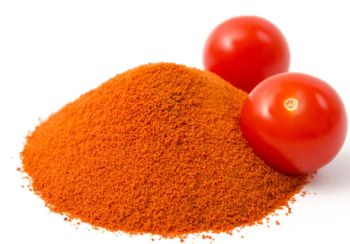Sun-dried tomato powder reduces blood sugar levels and improves the lipid profile among people with type-2 diabetes: A randomized controlled trial
Abstract
Background
Diabetes mellitus is a complex metabolic disorder characterized by hyperglycaemia, leading to significant health complications and increased healthcare costs. The prevalence of type 2 diabetes mellitus (T2DM) is projected to rise dramatically by 2040, especially in India, where factors such as genetic predisposition, obesity, and lifestyle contribute to its high incidence. Treatment methods usually involve pharmacological interventions that carry side effects, prompting interest in non-pharmacological strategies.
Objective
This study investigates the effects of supplementation with sun-dried tomato powder, rich in antioxidants like lycopene, on glycaemic and lipid profiles in individuals with T2DM.
Methods
This is an open-label, single-centre, two-arm parallel group, prospective randomized controlled trial. A total of 100 T2DM patients were recruited from Army Welfare Housing Organization Society, Belagavi, Karnataka in the southern part of India and randomly assigned to receive for 60 days either sun-dried tomato powder (25g daily) or a control treatment of tepid water with ghee. The primary outcomes included fasting blood sugar (FBS), postprandial blood sugar (PPBS), and HbA1c levels, while the secondary outcomes focused on lipid profile. A group of 10 subjects was formed and divided into 10 cohorts. One cohort provided blood samples daily for 10 consecutive days for laboratory analysis.
Results
There was a significant reduction in FBS and PPBS, along with improvements in lipid profile, including HDL and VLDL, observed exclusively in the experimental group (EG) (p<0.001). Notably, the experimental group showed a significant difference in FBS and PPBS compared to the control group (p<0.001). However, HbA1c did not exhibit any significant changes (p=0.347).
Conclusions
Our findings indicate that sun-dried tomato powder effectively reduces blood sugar levels and improves lipid profiles in patients with type 2 diabetes mellitus (T2DM), offering a promising non-pharmacological intervention.

Authors retain all copyrights. In making a submission to World Nutrition, they are certifying that all material is theirs except quotations, as indicated, and that they have obtained permission for any photos, tables, or graphics taken from other publications or websites.




